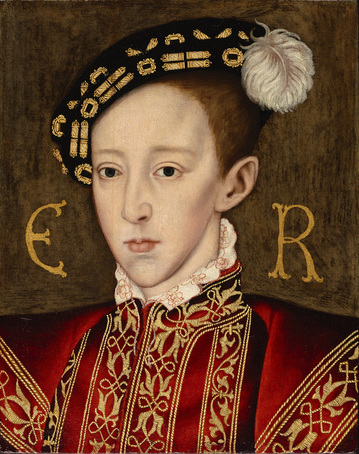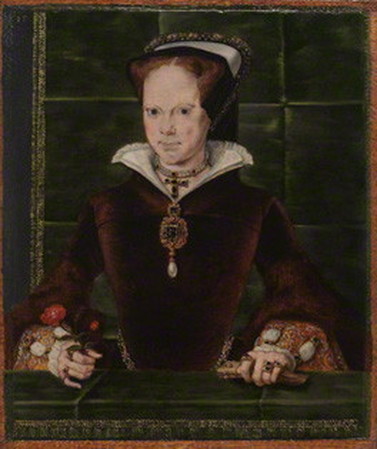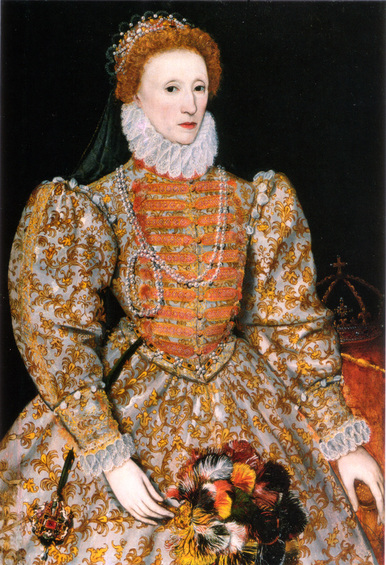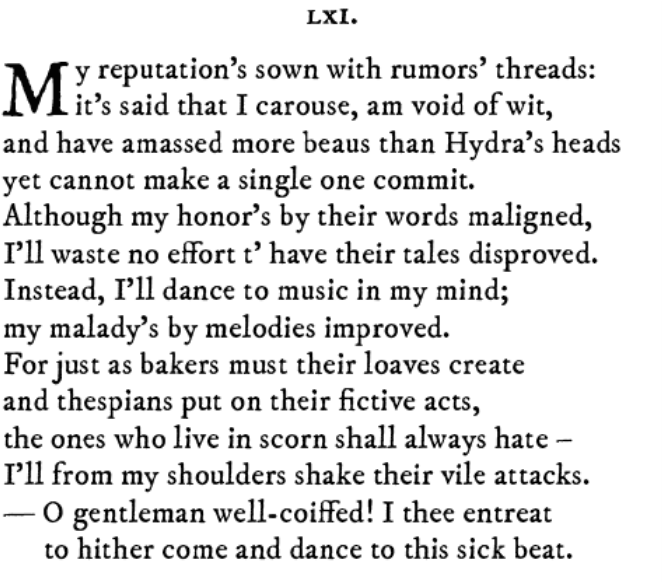| A Pace Odyssey |
|
- Home
- Mr. Pace
-
Dual Credit
-
English IV
- Honors English II
- Senior Project
- New Page
- Drama
-
Resources
- Readbox (Book Checkout)
- Avoiding Plagiarism
- MLA Format and Citations
- "Word Crimes" (Spelling and Grammar 101)
- Banned Books Week
- How to Read Literature Like a Professor (A.P./Dual Credit Videos)
-
Previous Years' Pacebooks
>
- Dual Credit 2018-19
- Dual Credit 2019-20
- Dual Credit (2020-21)
- English IV 2018-19 (3rd Period)
- English IV 2019-20 (3rd Period)
- English IV 2020-21 (4th Period)
- Honors English II 2018-19
- Honors English II (2019-20)
- Honors English II 2020-21
- English IV 2021-22 (4th period)
- Pacebook (4th Period) 2022-23
- Honors English II 22-23






